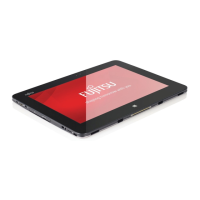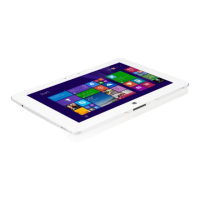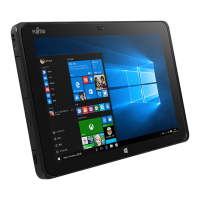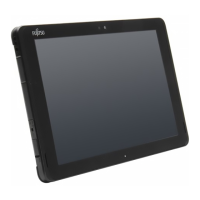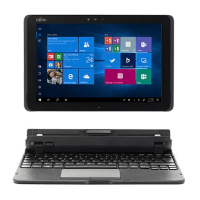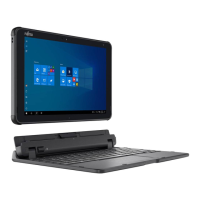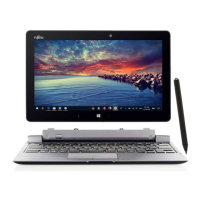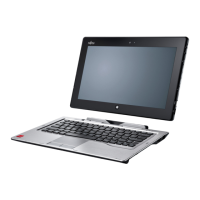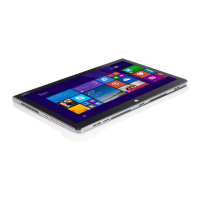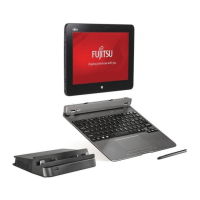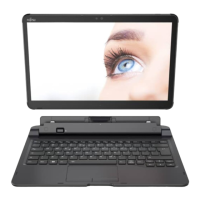Manufacturer’s notes
This device complies with P art 15 of FCC Rules. Operation is subject to the following
two conditions: (1) this device may not cause interfe rence, and
(2) this device must accept an y interference, including interference that may
cause undesired operation of this device.
FCC Interference Statement
This equ ipment has been tested and found to comply with the limits for a Class B digital
device, pursu ant to Part 15 of the FCC Rules. These limits are designed to provide reasonable
protection against harmful interference in a residential installation. This equipment generates,
uses, and can radiate radio f requency energy. If not installed and used in a ccord ance with
the instructions, it m ay cause harmful interference to radio communications.
However, there is no guarantee that interfere nce will not occur in a particular installation.
If this equipment does cause harmful interferenc e to r adio or television reception, which
can be determined by turning the equipment off and on, the user is en couraged to try to
correct the interference by one or more of the following measures:
1. Reorient or relocate the receiving antenna.
2. Increase the distance between the equipment an d the receiver.
3. Connect the equipment to an outlet on a circuit different fro m the one the receiver is connected to.
4. Consult the dealer or an experienced radio/TV technician f or help.
Please no te the following regulatory information related to the optional radio device.
FCC Radio Frequency Exposure statement
This radio device has bee n evaluated under FCC Bulletin OET 65C and found compliant with the
requirements as set forth in CFR 47 Sections 2.1091, 2.1093, and 15.247 (b) (4) addressing RF
Exposure f rom radio frequency d evices. The radiated output power of this radio device is far below
the F CC radio frequ ency exposure limits. Nevertheless, this device sh all be used in su ch a manner
that the potential for human contact during no rmal operation is min imized. W hen using this device, a
certain sepa ration distance between antenna and nearby persons must be maintained to ensure RF
exposure compliance. In order to comply with RF exposure limits established in the ANSI C95.1
standards, the distance between the antennas and the user should not be less than 20 cm (8 inches).
Regulatory Notes and Statements
Radio device, health and authorisation for use
Radio-frequency electromagnetic energy is emitted from the wireless devices. The energy levels
of these emissions, however, are far much less than the electromagnetic energy emissions from
wireless devices such as mobile phones. Ra dio devices are safe for use by consumers because
they o perate within the guidelines found in radio frequency safety standards and recommendations.
The use of the radio devices may be restricted in some situations or environments, such as:
• on board an airplane, or
• in an explosive environment, or
• in situations where the interference risk to other devices or services is
perceived or identified as ha rmful.
In cases in wh ich the policy regarding use of radio devices in specific environments is not
clear (e.g., airports, hospitals, chemical/oil/gas industrial plants, private buildings), obtain
authorization to use these devices prior to operating the equipment.
Regulatory Information/Disclaimers
82 Fujitsu Technology Solutions

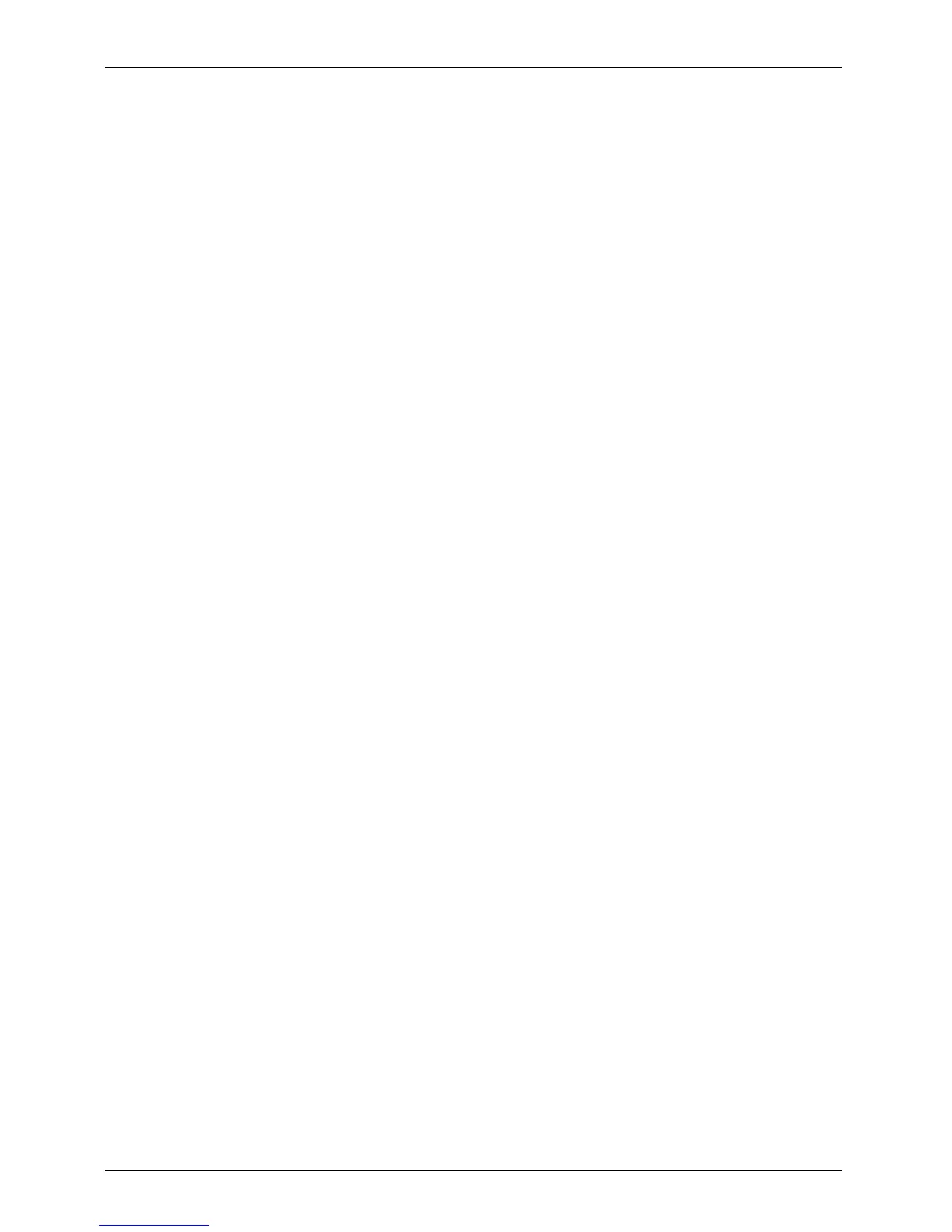